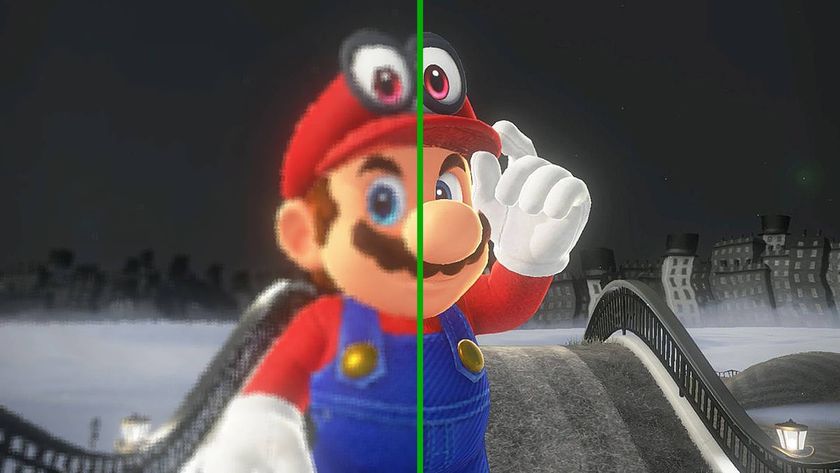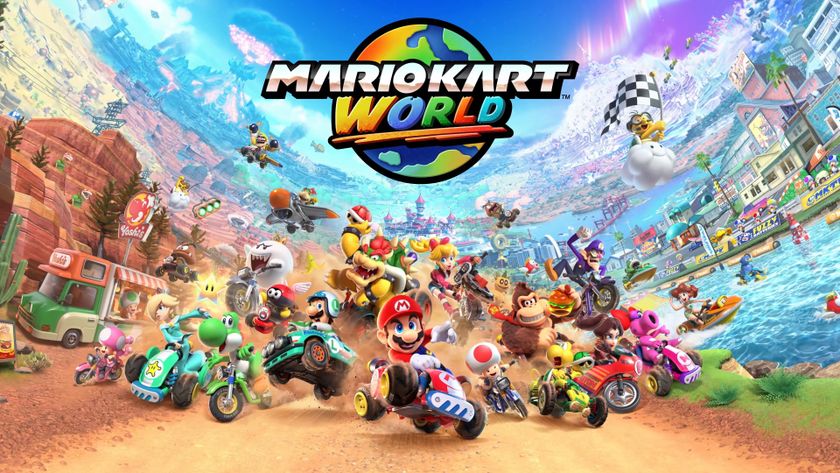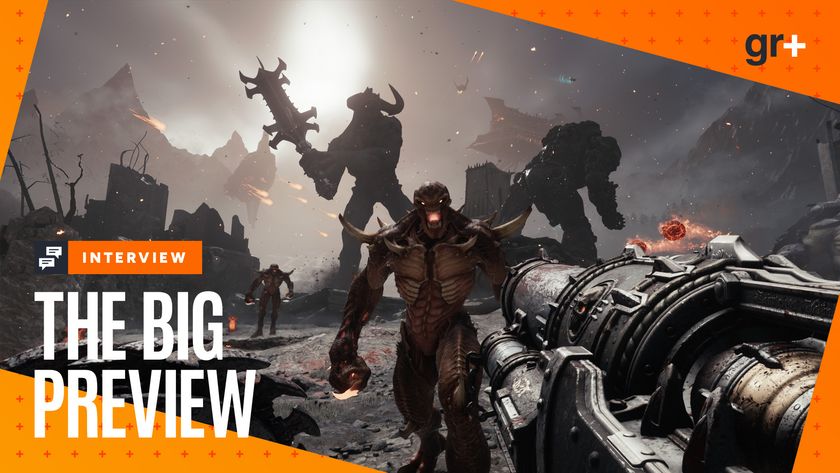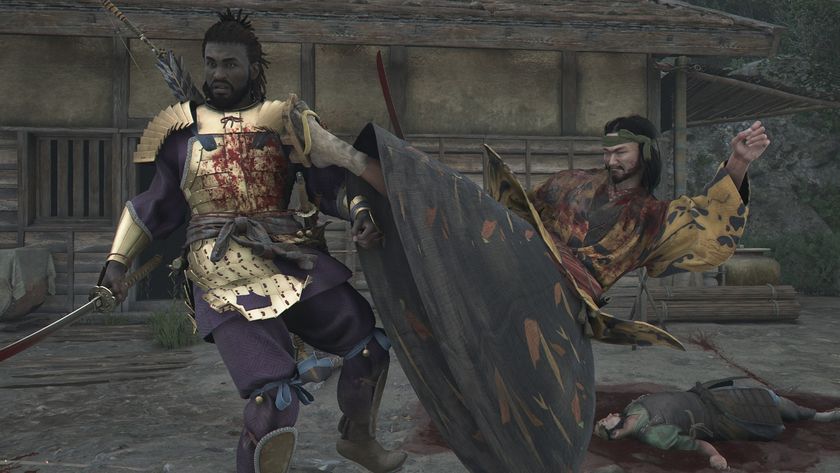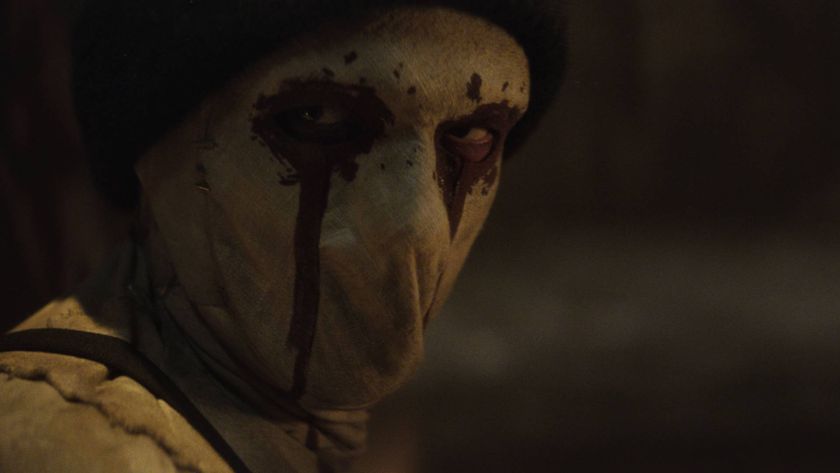S.T.A.L.K.E.R., part one
We grill GSC's Oleg Yavorsky on the developer's long-awaited survival-horror-shooter
There's a strong horror element to the game, right?
Yavorsky: Absolutely. To create a truly 'warning' kind of a game we tried to create a 'what if' Chernobyl story, using real facts and rumours, but applying a good deal of imagination on top (such as mutants, deadly anomalies etc.). S.T.A.L.K.E.R. is a spooky game, no doubt.
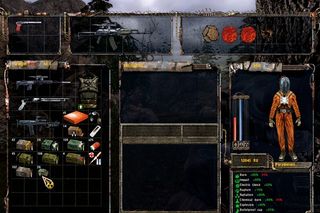
What can you tell us about the game's RPG-style elements?
Yavorsky: As opposed to the modern understanding of the RPG term, we tried to focus on the classic role-playing side of the matter, i.e. each player can play a certain role of his liking in the game. The key idea is, as in real life, by playing a certain role in the game you will provoke the correspondent reaction of the surrounding society. For example, being greedy, helpful to stalkers in need or being evil to everyone will affect the reactions and attitude of other NPCs in the game. Moreover, the way you play the game will affect the ending you reach.
Among other standard RPG elements are communication with NPCs, inventory with item management, item trading and exchange, collecting information and more. What the game doesn't provide for, though, is level-ups - the player will have to develop skills of his own, rather than those of his character in the game.
Checkback in soon for the next part of our interview with Oleg on S.T.A.L.K.E.R.
Sign up to the GamesRadar+ Newsletter
Weekly digests, tales from the communities you love, and more
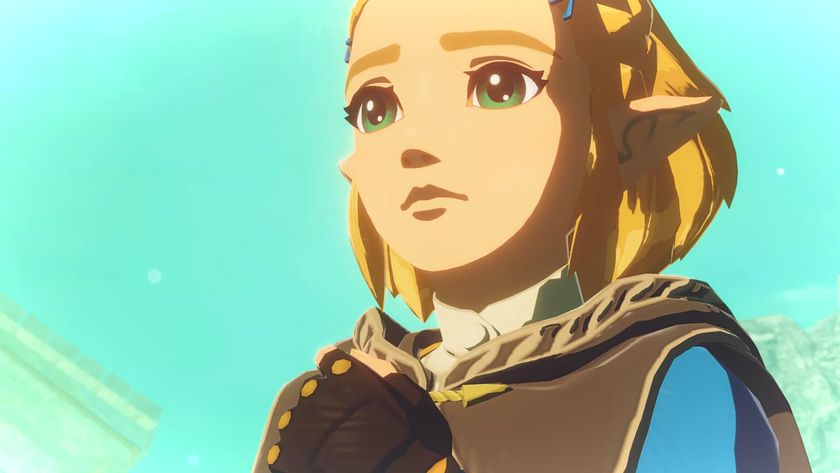
Nintendo Switch 2 Direct reveals Hyrule Warriors: Age of Imprisonment, a Legend of Zelda spin-off set before Tears of the Kingdom
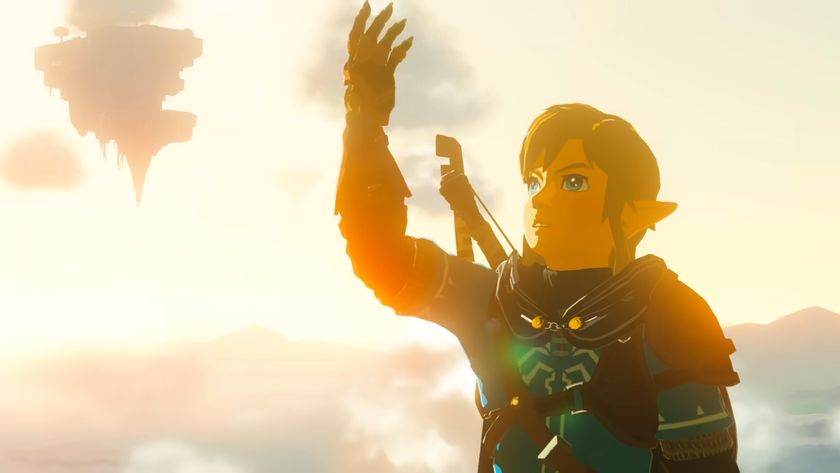
The Legend of Zelda: Breath of the Wild and Tears of the Kingdom are getting enhanced Nintendo Switch 2 Edition releases, with improved frame rate, resolution, and more

